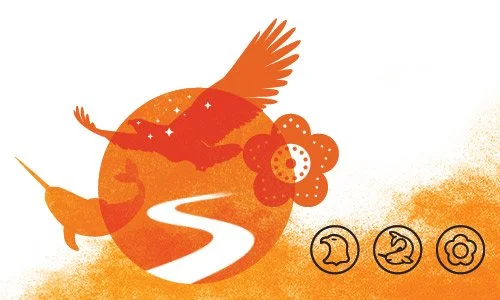Examine settler relations with indigenous communities
Coming to terms with the historical harms inflicted upon indigenous communities by settlers and the government and current efforts to address them is a crucial part of truth and reconciliation.
What is the Indian Act and how does it continue to oppress and cause harm?
In addition to reading the United Nations Declaration on the Rights of Indigenous Peoples and the Truth and Reconciliation Calls to Action, what other inquiries or reports can you commit to reading and acting on?
Have you heard of MMIWG and read the inquiry report? Does your community hold an event, such as Red Dress Day, to honour Missing and Murdered Indigenous Women and Girls?
What is the Origin Story of the TRC? Why is truth such an important first step before reconciliation?
Reflect on where you live
Regardless of where you live in Canada, you are on ancestral lands of one or more First Nations or indigenous communities. An important personal step towards being an active participant in truth & reconciliation is understanding your relationship to the lands on which you live and their historical and present-day connections to indigenous communities and identity.
Whose territory do you live/work/play on?
What is an Indigenous place name for the territory you live on, work in, and enjoy recreationally? What are the origins of that name and what does it say about the lands and their use? What are the origins of the settler/colonial place name?
Are you situated in Treaty territory? If so, which one and what does that mean? If you’re not in a numbered treaty territory, do you know why not?
How did settlers come to occupy the territory you live on?
What Indigenous governments – traditional and contemporary – govern the land where you live?
Who are your ancestors and where is your ancestral home? Do you know how you came to live in this country known as Canada and how you've participated in the continued settlement of these lands?
Reflect on the term “Settler”
The term “settler” can be challenging for people. Take a moment to reflect on your own understanding and relationship with the term.
Does the term "settler" make you uncomfortable? Why?
How does the term settler relate to power, agency, and choice?
Why are the descendants of enslaved Africans not considered settlers?
How might we understand migrants who have been displaced as a result of colonial systems, like war and climate crises?
How can we use the term settler without setting up a good/bad binary?
It is important to recognize that not all settlers arrived here by choice. Some came to Canada due to lack of security, displacement and other harms perpetuated by the colonial systems like slavery, wars, and climate crisis.
Learn more about the term “Settler”
Imagining a Better Future: An Introduction to Teaching and Learning about Settler Colonialism in Canada - Andrea Eidinger and Sarah York-Bertram
Settling on a Name: Names for non-Indigenous Canadians - âpihtawikosisân
Why the term ‘settler’ needs to stick - Corey Snelgrove and Klara Woldenga
Who Is a Settler, According to Indigenous and Black Scholars - Ashleigh-Rae Thomas
Conversation Starter Guide for Friends and Family
Acknowledging the colonization of Canada is a necessary conversation, and it’s one that settlers need to participate in more often. We encourage Canadians to learn more, ask questions, and start conversations with friends, family and colleagues. Here are some prompts to help you get started with your community.
Why was September 30 declared a national statutory holiday? How are you planning on using that day to support truth & reconciliation?
What is something you’ve learned about the history of Indigenous peoples and Canada?
Given the undeniable harm that is part of Canada’s history: What is something that we can do to make reparations directly to Indigenous organizations, movements, and nations?
How did you feel when you learned about thousands of unmarked children’s graves at residential schools in Canada?
Will you join me in giving One Day’s Pay this September 30 and will you invite others to do the same?







